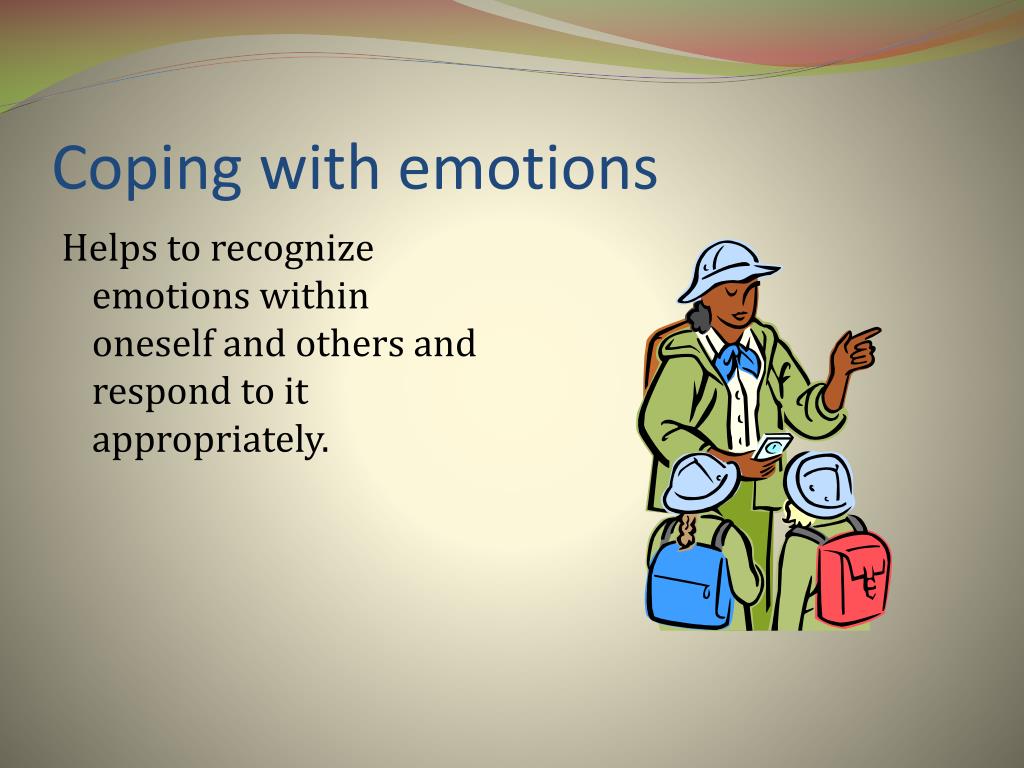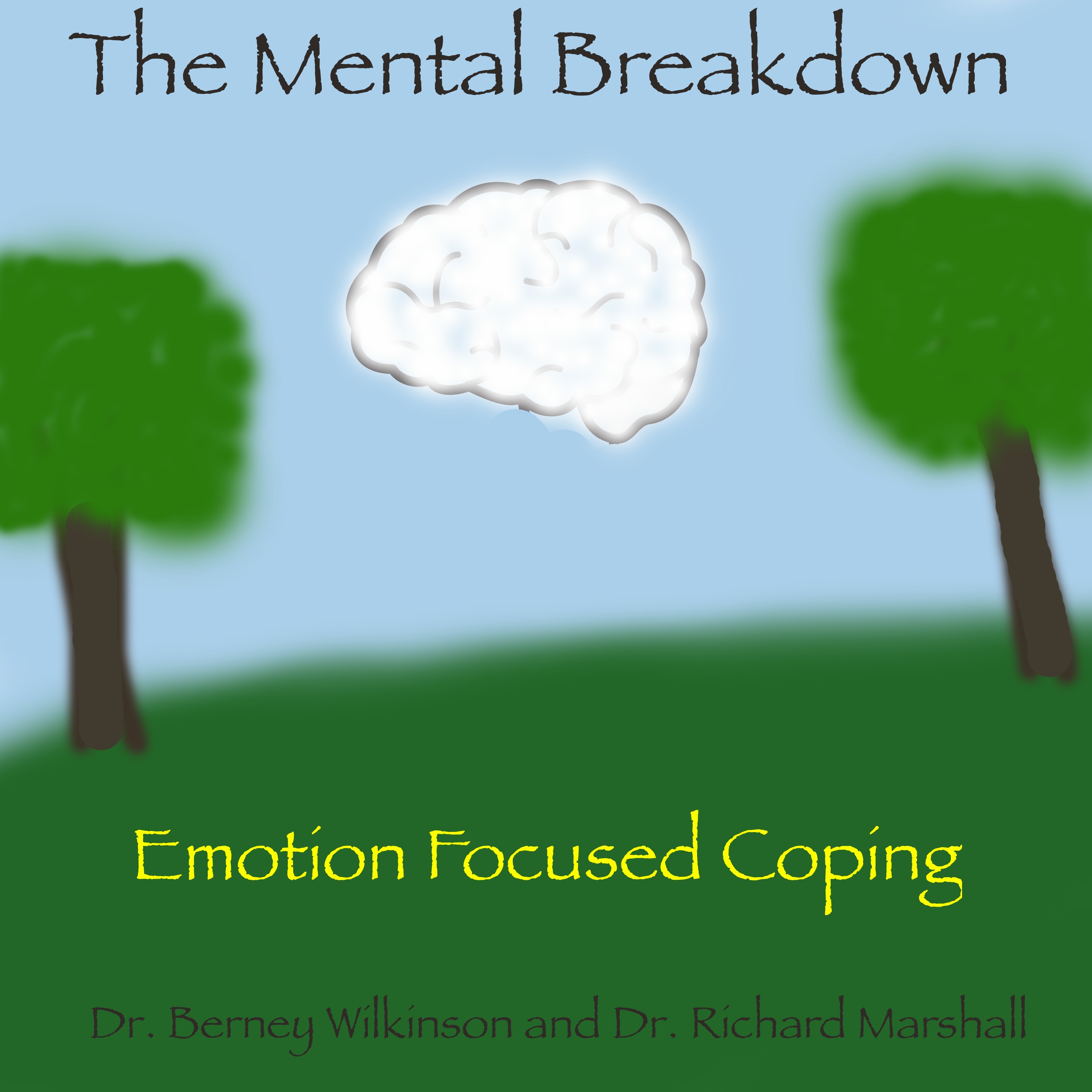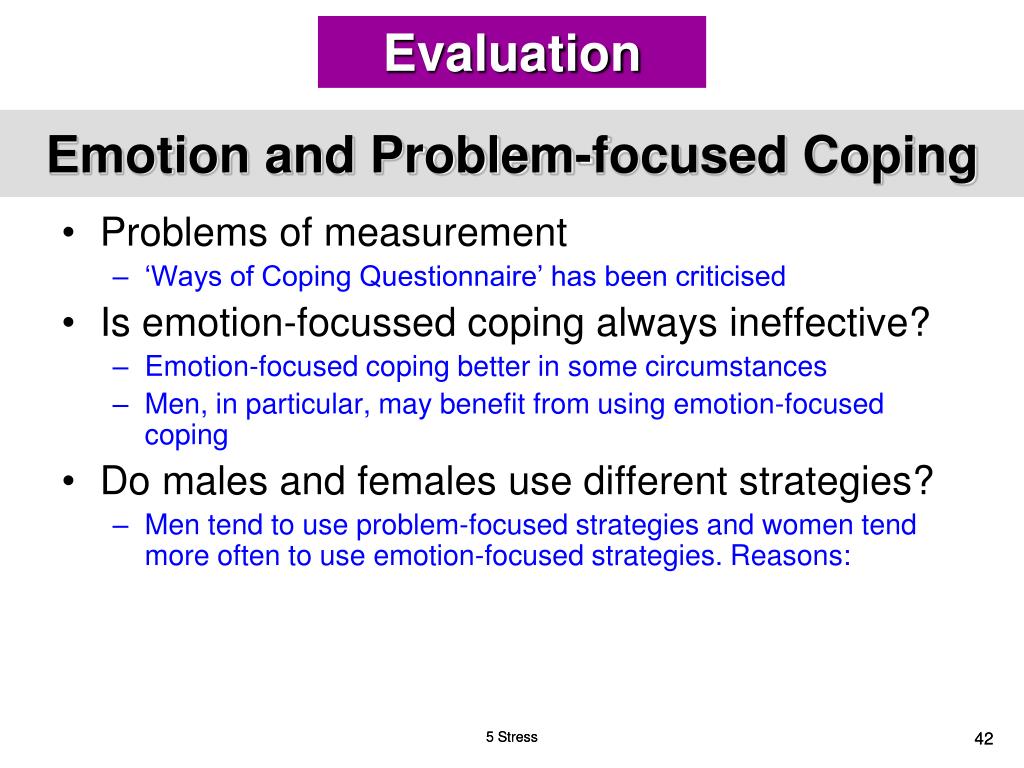

Preventing family transmission of anxiety: Feasibility RCT of a brief intervention for parents. Ĭartwright-Hatton, S., Ewing, D., Dash, S., Hughes, Z., Thompson, E. Journal of Personality Assessment, 57, 110–119. Journal of Personality and Social Psychology, 59, 525–537. Coping as a personality process: A prospective study.

What do childhood anxiety disorders predict? Journal of Child Psychology and Psychiatry, 48, 1174–1183. īittner, A., Egger, H., Erkanli, A., Jane Costello, E., Foley, D., & Angold, A. The Journal of Early Adolescence, 11, 56–95. The influence of parenting style on adolescent competence and substance use. Development and Psychopathology, 25, 577–585. Parental responsiveness moderates the association between early-life stress and reduced telomere length. Īsok, A., Bernard, K., Roth, T., Rosen, J., & Dozier, M. Journal of Personality and Social Psychology, 53(2), 337–348. Does coping help? A reexamination of the relation between coping and mental health. Journal of Behavioral Medicine, 30, 115–129. Coping and adjustment in children with cancer: A meta-analytic study.

These findings suggest that paternal authoritative parenting may function as a protective factor that ameliorates the unfavorable impact of maladaptive emotion-focused coping on anxiety in children.Īldridge, A. Unexpectedly, the moderating role of T1 maternal authoritative parenting was not significant. This relationship was not significant when T1 paternal authoritative parenting was medium or high. T1 maladaptive emotion-focused coping was positively related to T2 anxiety when T1 paternal authoritative parenting was low. The results of the latent moderated structural equations model revealed that T1 paternal authoritative parenting significantly moderated the association between T1 maladaptive emotion-focused coping and T2 anxiety while controlling for T1 anxiety, such that the association was weaker when T1 paternal authoritative parenting was higher. Participants were 128 preadolescent children (41.4% female) aged between 10 and 14 years ( M = 12.15, SD = 1.30) in Hong Kong. This one-year longitudinal study examined the potential buffering role of authoritative parenting in the relationship between maladaptive emotion-focused coping and anxiety in children.


 0 kommentar(er)
0 kommentar(er)
